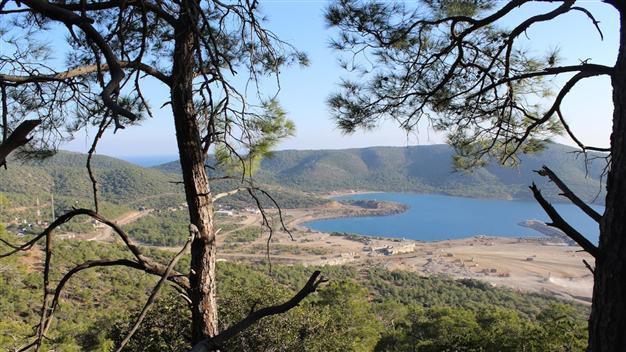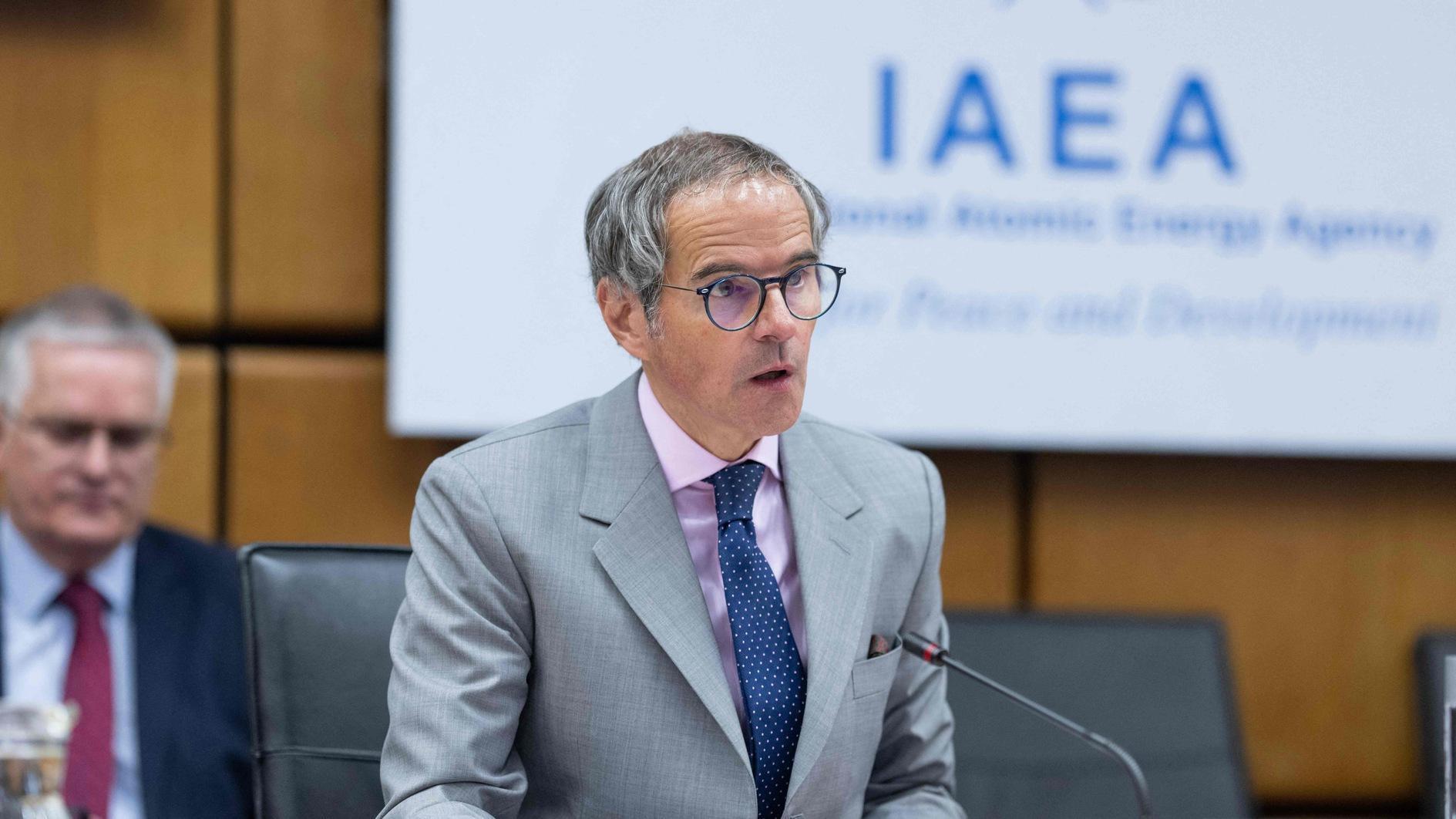Environment report for first nuclear plant in Akkuyu yells out: ‘Don’t build it’
MERSİN – Doğan News Agency

The start of construction for the plant is scheduled for mid-2015. DHA Photo
Data collected in the controversial environmental impact assessment report (ÇED) regarding Turkey’s prospective first nuclear plant in Akkuyu in Mersin has provided serious warnings that the plant could hurt the region’s ecosystem once it comes operational.A leading expert on marine sciences who spoke to Doğan News Agency said the data was not interpreted in the light of its potential ecological damage.
“When you look at the data, the report yells, ‘This shouldn’t be built here,’” said Ali Cemal Gücü, a professor at the Marine Sciences Institute at Middle Eastern Technical University (ODTÜ) in Ankara.
Gücü said it was impossible to suggest there would be no environmental impact after the release of a million cubic meters of 35-degree water into the sea each hour for the next 60 years.
According to the 3,600-page report, which had to be revised after being returned three times over the past two years, the water needed to cool the four-reactor plant will be supplied from Mediterranean Sea and will be poured back into the sea at 35 degrees. Although the report admits the discharge will cause a rise in the water temperature, it argues that this would not exceed 0.5 degrees and poses no danger to any species living in the habitat, including loggerhead turtles and monk seals.
But government officials and investors in the planned 4,800 megawatt (MW) plant built by Russia’s Rosatom quickly dismissed the environmental concerns with construction already falling behind schedule.
Coastal nuclear plants mostly in cold seas
According to Gücü, the assurances regarding sea life in the zone are not credible when confronted with the data provided by the report.
Gücü said similar nuclear plants designed to discharge hot water into the sea were usually build in areas such as the Baltic states, Russia or Finland.
“So the same interpretations that could be made for a sea at 17 degrees are made for the northeastern Mediterranean, whose waters are at 31 degrees and can almost be considered tropical,” Gücü said.
The professor said the bays between Mersin and İskenderun in the eastern Mediterranean had been invaded by species that poured into the Mediterranean from the Red Sea following the opening of the Suez Canal, resulting in the deaths of local species. The increase in the temperatures in the bay would only accelerate the process, Gücü said, threatening the whole fish population.
Gücü also claimed that monk seals will have to abandon the area as soon as the construction starts.
“[At a time] when monkey seals are disappearing in the whole Mediterranean, they are building a nuclear plant, instead of protecting this area. They chose that area for its untouched nature, but won’t care at all if they lose all those species,” he said.
Officials have solemnly vowed that those who will work at Akkuyu NGS, the company established by Rosatom to operate the plant, will be trained to increase awareness about the protection of marine fauna.
The start of construction for the plant is scheduled for mid-2015, as pressure by the government has already increased as the project still has to obtain a construction license. By 2023, all four planned reactors are slated to have started generating power.
















